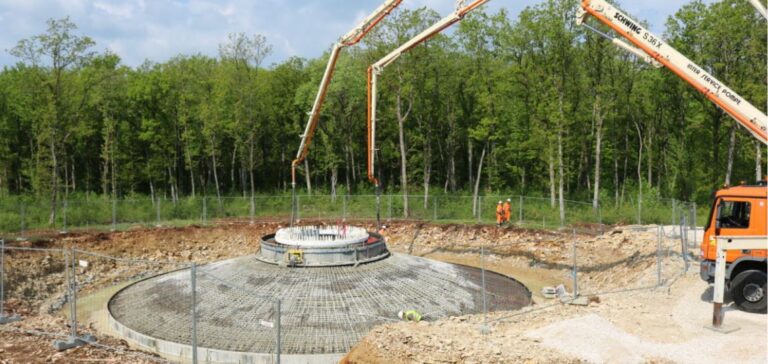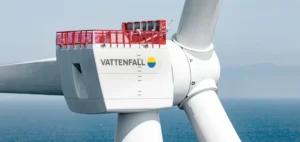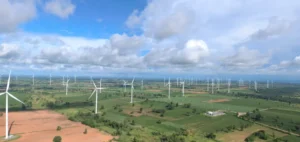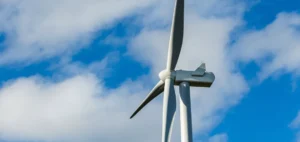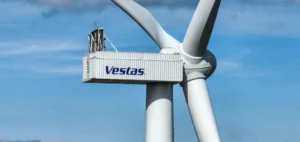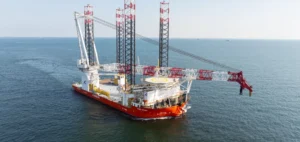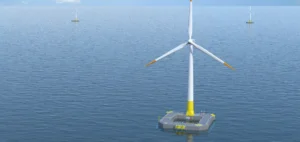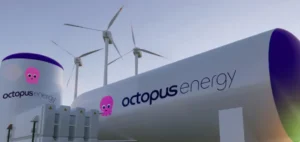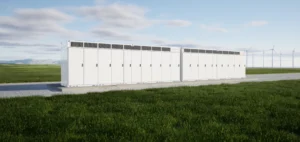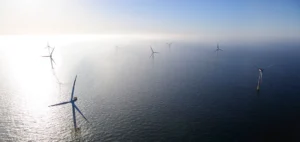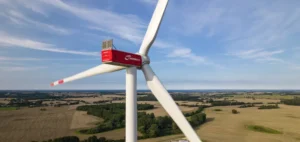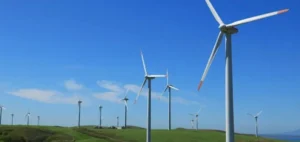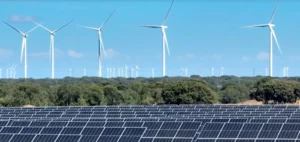On May 16, Amundi Transition Energétique and Opale Énergies Engagées celebrated the inauguration of the Bois de Saulx wind farm north of Dijon. Amundi Transition Energétique, majority shareholder with an 80% stake, provided financial backing for the project, while Opale supervised the construction and now manages the operation of the wind turbines. The wind farm comprises six turbineswith a total capacity of 18 MW. It is capable of producing enough electricity to cover the needs of 18,000 people, while avoiding the emission of 22,000 tonnes of CO2 per year. This project illustrates Amundi’s “Buy & Build” Core/Core+ investment strategy, which consists of acquiring and developing energy transition infrastructures.
A Virtuous Investment Model
Lelia Raynard, Managing Director at Amundi Transition Energétique, emphasized that this initiative reflects Amundi’s desire to invest alongside manufacturers in decarbonization projects. “The commissioning of this wind farm demonstrates our commitment to investing in projects that contribute to carbon neutrality, in line with France ‘s 2050 targets. “Arnaud Grand, founding partner of Opale Énergies Engagées, added: “Renewable energies, such as wind power, are crucial to meeting growing energy demand while reducing environmental impact. This wind farm is an excellent example of what we can achieve with strong partners and a shared vision for a greener future.”
Sustainable Development Strategy
The partnership between Amundi and Opale is part of a global approach to energy transition. Amundi Transition Energétique focuses on the acquisition and development of infrastructures such as wind, solar, hydro and biogas. This strategy aims to diversify renewable energy sources and strengthen energy resilience. Opale Énergies Engagées, an independent developer and producer of electricity based in Burgundy Franche-Comté, has developed nearly 500MW of authorized wind power projects, including 45MW in operation.
Economic and environmental impact
The Bois de Saulx wind farm represents a significant investment in the local economy, creating jobs during the construction phase and maintaining economic activity through the ongoing management of the facilities. Amundi and Opale’s future plans include expanding their renewable energy portfolios to meet the growing demand for clean energy. This initiative is perfectly aligned with European energy policies aimed at increasing the share of renewable energies in the energy mix and achieving carbon neutrality by 2050. By combining their expertise, these companies demonstrate their commitment to supporting the energy transition and reducing carbon emissions, while contributing to the local economy and creating sustainable energy solutions for the future.


